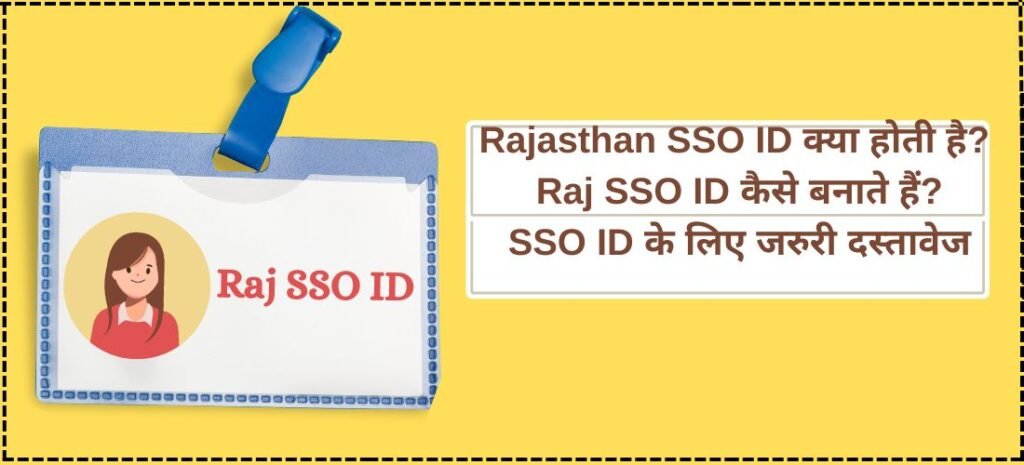Fiber doesn’t always get the attention it needs when it comes to nutrition. Protein trends and low-carb diets get all the attention, but fiber is an important part of digestion, heart health, controlling blood sugar, and even weight management. Even though it has many health benefits, most people don’t even come close to eating the daily suggested amount. Knowing why fiber is important for your health, especially if you have IBS, can be a big step toward better health.
What Exactly Is Fiber?
Fiber is a kind of food that the body can’t break down. Instead of being broken down and absorbed, it passes relatively intact through your digestive system. There are two main types:
- When you mix soluble fiber with water, it turns into a gel-like substance. It can help lower the amount of sugar and cholesterol in the blood.
- Fiber that isn’t soluble in water makes stools bulkier and speeds up the movement of food through the stomach and bowels.
Both types are essential for a well-functioning digestive tract, and a variety of plant-based foods offer a mix of each.
How Much Fiber Do You Need?
The daily recommended fiber intake is:
- 25 grams for women
- 38 grams for men
Yet, studies show that most adults fall short, averaging only about 15 grams per day. This lack can cause many problems, such as bloating, unstable blood sugar levels, and higher cholesterol.
Why Fiber Matters So Much
Fiber acts like a natural cleanser for the body. It helps:
- Regulate digestion by promoting regular bowel movements.
- Slowing down the intake of sugar will help keep blood sugar stable.
- Reduce cholesterol by binding with cholesterol particles and removing them from the body.
- Support a healthy gut microbiome, feeding beneficial bacteria that are essential to immunity and mental health.
Fiber for IBS: Proceed with Caution, Not Fear
For individuals managing Irritable Bowel Syndrome (IBS), fiber can be a double-edged sword. While it plays an essential role in digestive health, certain types of fiber — particularly insoluble fiber — may trigger symptoms like bloating, gas, or cramping.
Soluble fiber, on the other hand, is often better tolerated by IBS sufferers. It helps soften the stool and can ease both constipation and diarrhea, common complaints in those with IBS. Soft fiber can be found in oats, chia seeds, psyllium husk, apples that have been peeled, and carrots.
A gradual increase in fiber — combined with plenty of water — is key. Jumping from 10 grams to 30 grams in a day can overwhelm the digestive system. Working with a dietitian or health professional can help tailor a fiber plan that’s gentle yet effective for IBS management.
Simple Ways to Add More Fiber to Your Diet
- Start your day with oats: Opt for rolled or steel-cut oats topped with berries and flaxseed.
- Choose whole grains: Replace white bread, rice, or pasta with whole grain alternatives like brown rice, quinoa, or whole wheat.
- Snack on raw vegetables: Carrots, cucumbers, and bell peppers are fiber-rich and easy to grab.
- Include legumes: Beans, lentils, and chickpeas offer both soluble and insoluble fiber.
- Add seeds: Chia, flax, and pumpkin seeds can be sprinkled into smoothies, yogurt, or salads.
Final Thoughts
Fiber might not be flashy, but it’s foundational. Whether your goal is weight loss, balanced digestion, better heart health, or managing symptoms for IBS, this often-overlooked nutrient can make a measurable difference. The key is variety, balance, and gradual changes — not restriction or overcompensation. Start slowly, listen to your body, and let fiber work its behind-the-scenes magic.


